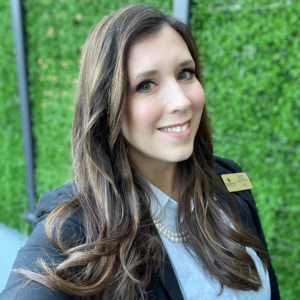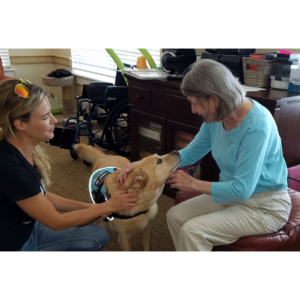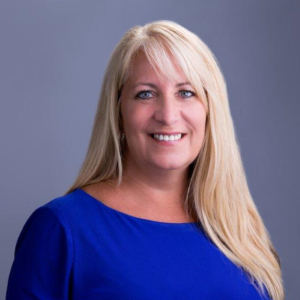The sound of participation
When age begins to rob people of their hearing, it’s not the only thing that is lost. Some people go from being active participants to losing interest to dropping out of the conversation altogether.
“Hearing loss is a silent epidemic, and I’m surprised people aren’t talking about it more,” Matthew Reiners, vice president of customer impact at Eversound, a Boston-based startup that is reinventing the audio headset based on the needs of seniors, told I Advance Senior Care.
After watching their own grandmothers struggle with the isolation that accompanies hearing loss, Reiners and childhood friend Jake Reish founded the company in 2015 to conquer the barrier of hearing impairments in group settings. Too many older adults, they found, were avoiding activities, dropping out of life-long interests and drifting away from friends simply because they couldn’t hear well enough in group situations.
Far more than amplifiers, the headsets bring any event or presentation right to the user’s personal space. The wireless headphones and wallet-sized, battery-powered transmitter work with most audio sources and situations, including television, worship services, fitness class, movie night, guest speaker presentations and field trips.
 |
| The headset storage case doubles as its magnetic charging dock. (Photo: P. Tabar) |
The senior-friendly design starts with the headphones themselves: No tiny buttons or complicated technology. No dangling wires. The padded, antimicrobial earphones fit comfortably over hearing aids and eyeglasses. The headset is secure enough to wear during fitness class but gentle enough to wear for an hour-long guest lecture.
The company has seen impressive results from its senior living pilot projects, Reiners says. To date, Eversound has partnered with senior living providers in 22 states, including Benchmark, Brightview, Commonwealth, Kendal, LCB and Sunrise.
Early adopter LCB Senior Living conducted a six-month study and saw a 28 percent increase in resident engagement and a 17 percent drop in residents leaving or falling asleep during programs. Commonwealth Senior Living noted a 20 percent increase in program attendance, as well as reduced agitation and increased appetite among those with dementia after just a 30-day trial. Commonwealth is rolling out the program out to all 23 of its communities.
Some of the most dramatic results have involved residents whose hearing loss had caused them to lose interest in all activities and conversations, isolating themselves so deeply that some were misdiagnosed with dementia, Reiners says.
Meanwhile, Reiners and Reish are working on more ways to apply the technology, including wider off-campus uses. “If you can take the transmitter with you and use a mic or plug it into a smartphone, that means you can go anywhere, like a museum or a community event,” Reiner explains. “You’re not stuck with technology that only works in your own activities room.”

Pamela Tabar was editor-in-chief of I Advance Senior Care from 2013-2018. She has worked as a writer and editor for healthcare business media since 1998, including as News Editor of Healthcare Informatics. She has a master’s degree in journalism from Kent State University and a master’s degree in English from the University of York, England.
Related Articles
Topics: Activities , Alzheimer's/Dementia , Articles











